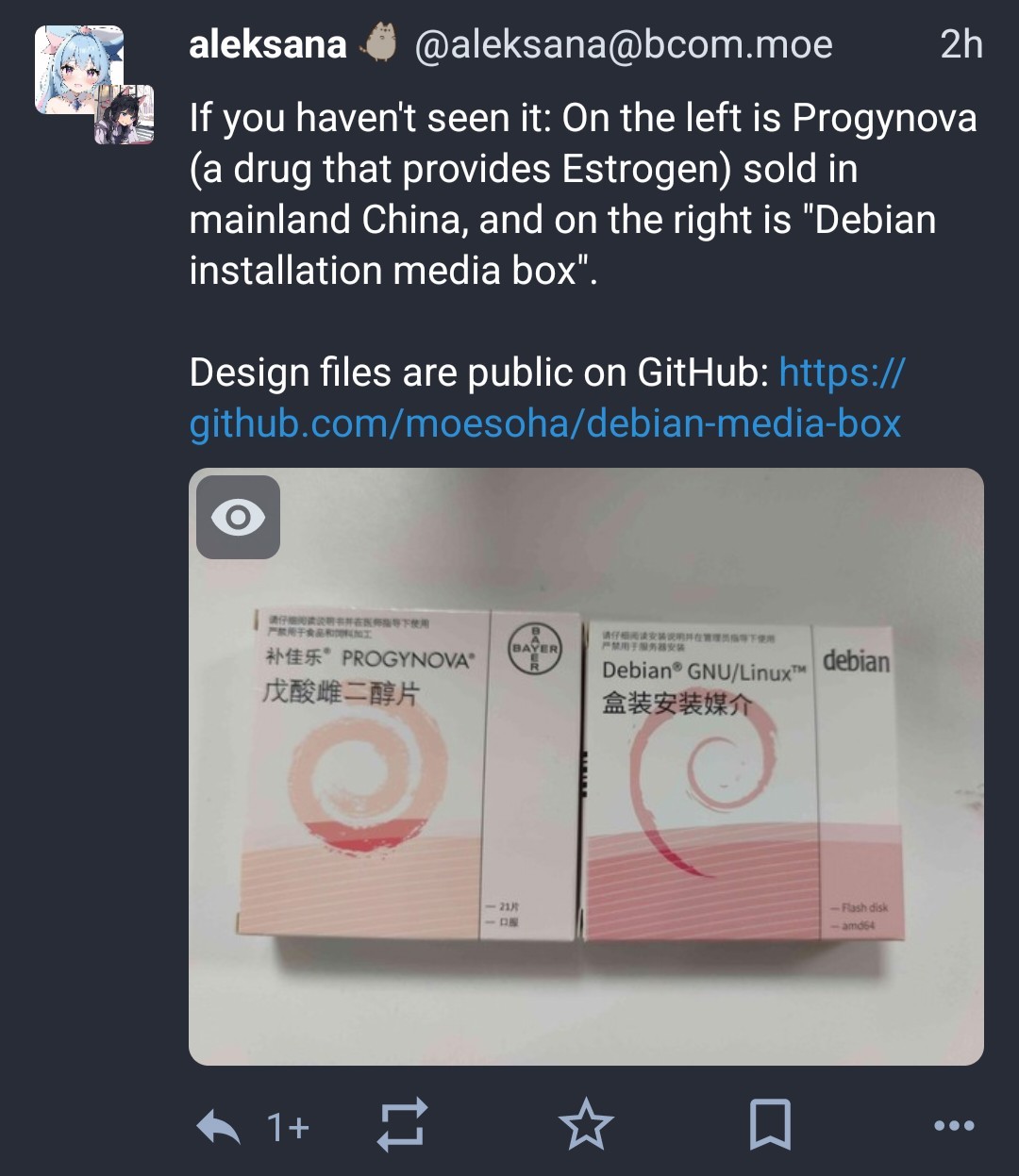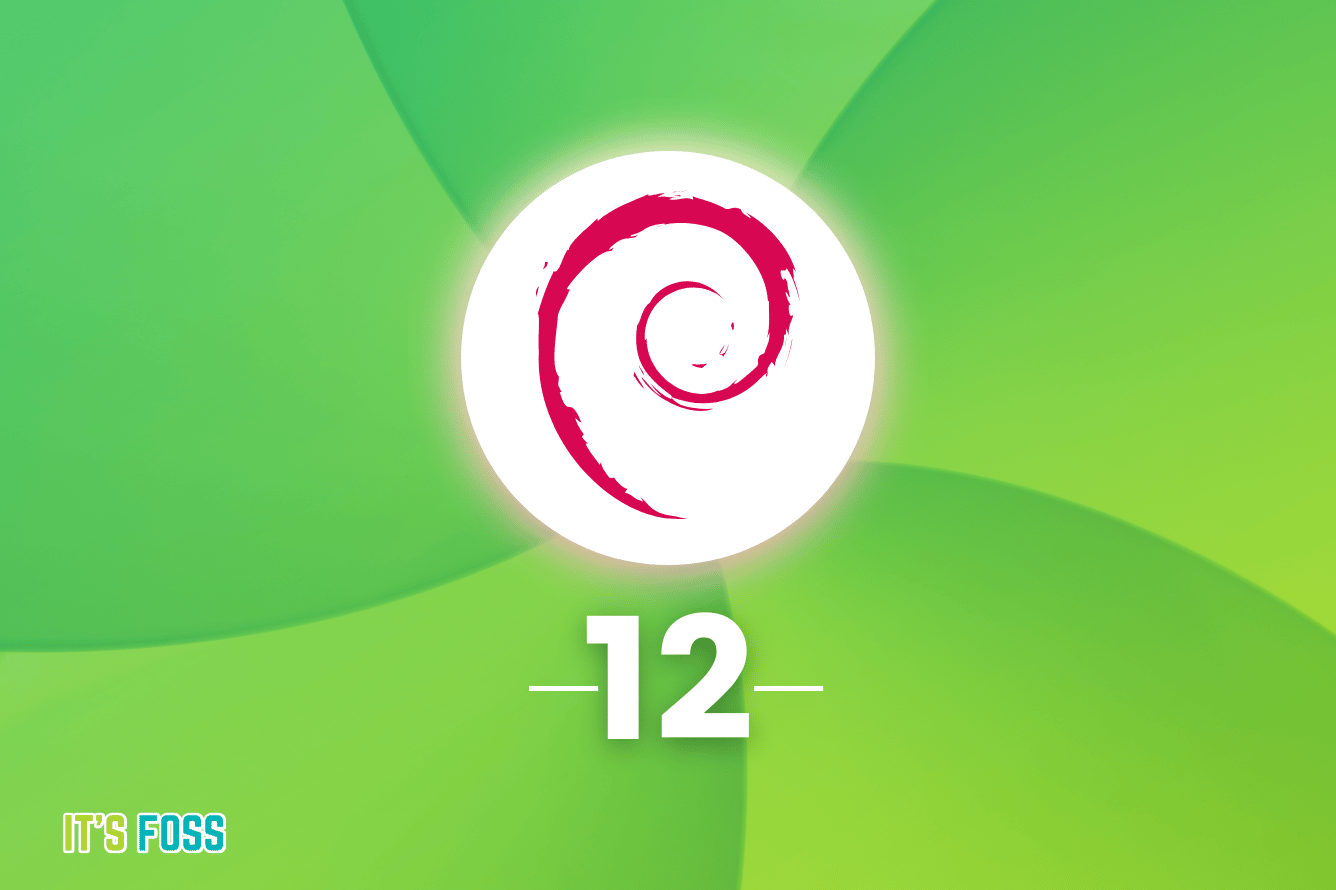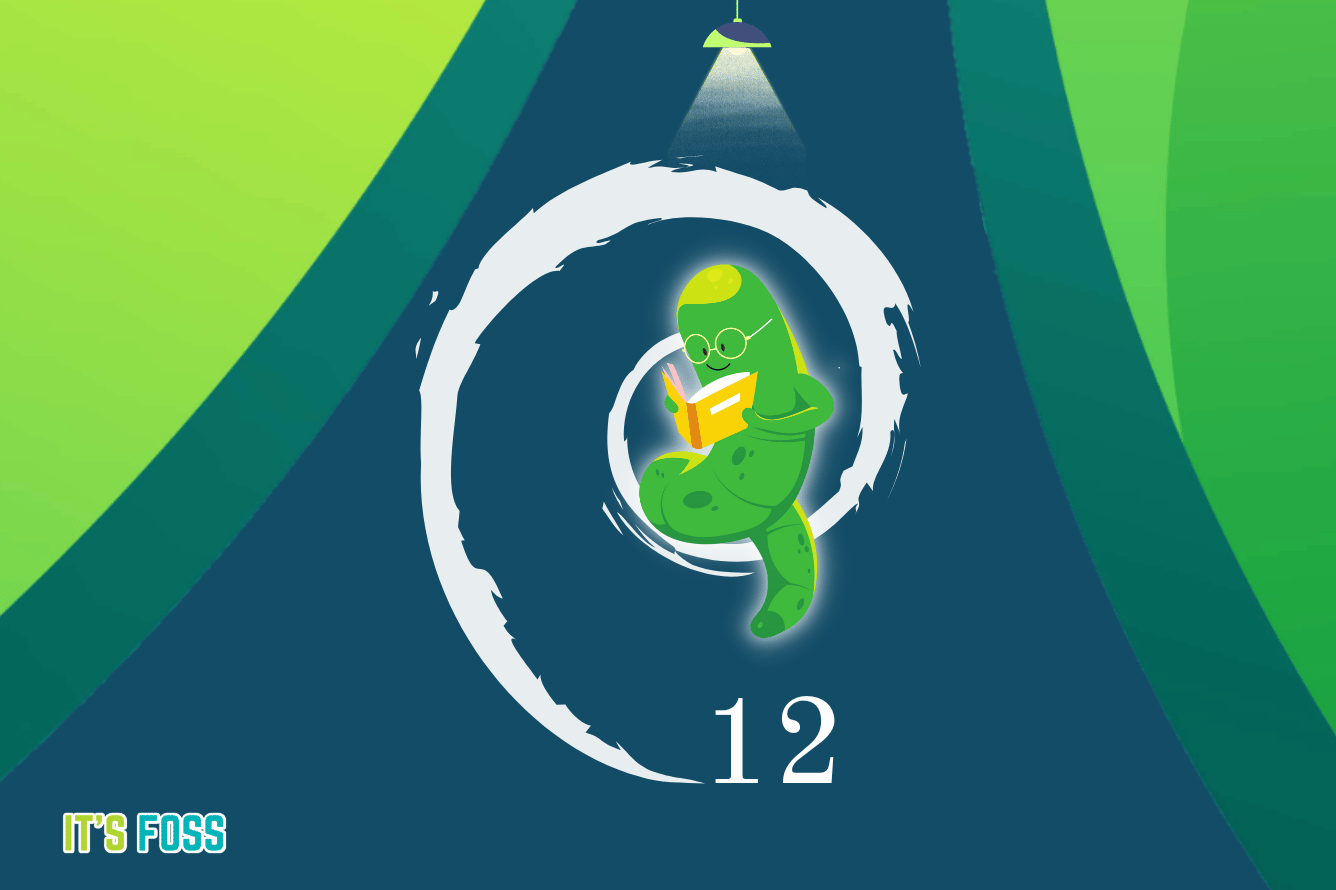Debian Glibc_2.38 - Fixing Software Compatibility Headaches
Ever found yourself trying to get a favorite program or a fun new game running on your computer, only to hit a wall because of a missing piece of software? It's a common situation, and sometimes, the culprit is something called glibc, a really basic building block for almost everything your Linux system does. You might see a message pop up, saying you need a newer version, like glibc 2.38, but your current setup, perhaps Debian 12, seems to offer just 2.36. This can be a bit of a head-scratcher, you know?
This little difference can cause quite a bit of trouble, making programs refuse to start or even leading to bigger system issues. It's a bit like trying to fit a square peg into a round hole, so to speak, where the software expects a certain kind of support that isn't quite there yet. This challenge comes up quite a bit, especially when you are looking to run the very latest applications or tools that rely on the most recent versions of these core components, as a matter of fact.
Figuring out how to get that newer version without upsetting the balance of your entire system can feel like a tricky puzzle. Many folks wonder about the best way to approach this, since messing with fundamental parts of your operating system can feel a little scary. We'll chat about why this happens and some ways you might be able to get your system and your software to play nicely together, too.
Table of Contents
- What is glibc, anyway?
- Why Might Your debian glibc_2.38 Be Missing?
- How Can You Check Your glibc Version on debian glibc_2.38?
- What Are the Risks of an Older glibc on debian glibc_2.38?
- Exploring Ways to Get a Newer debian glibc_2.38
- The Nix Approach for debian glibc_2.38
- Building glibc From Source for debian glibc_2.38
- glibc and the Linux Ecosystem debian glibc_2.38
What is glibc, anyway?
So, what exactly is glibc? Well, it stands for the GNU C Library, and it's a really important piece of software for any Linux operating system. Think of it like the very basic dictionary and instruction manual that nearly every program on your computer uses to talk to the operating system. When a program wants to do something simple, like show text on your screen, open a file, or connect to the internet, it asks glibc for help. Basically, without glibc, most of your programs just wouldn't know what to do, or how to do it, you know?
It provides a huge collection of standard functions that programmers use when they write software. This means that instead of every programmer having to write code for basic actions from scratch, they can just rely on glibc to handle those common tasks. This makes software development a lot easier and helps ensure that programs can run on many different Linux systems. It's truly a fundamental part of the system, sort of like the engine of a car, so to speak, even if you don't directly see it.
- Labia Tattooing
- Jordan Rodrigues Ethnicity
- Pillow Princess Cheats Again
- Where Does Belle Delphine Live
- Beau Marie St Clair
Most of the software on your computer is put together with the specific glibc version that came with your operating system. This is why when a program asks for a newer version, and your system doesn't have it, things can get a little complicated. It's not just a small piece; it's something that nearly everything relies on, and that's why changing it can feel a bit like performing surgery on your computer's core. It's really quite central to how things operate, actually.
Why Might Your debian glibc_2.38 Be Missing?
It's a common experience for folks to find their Debian system, especially something like Debian 12, doesn't quite have the glibc version that a newer program is asking for. For instance, you might be trying to run a particular game or a specialized tool like OpenVINO 2025, and it throws up an error saying it needs glibc 2.38, but your system only has glibc 2.36. This happens quite a bit, you see.
The main reason for this difference is how operating systems like Debian handle their software updates. Debian is known for being very stable and reliable. To keep things that way, it typically sticks with versions of core software, like glibc, that have been thoroughly tested and proven to work well together. This means that when a new version of Debian is released, the glibc it comes with is usually a bit older than the very latest version available in the wider software world. It's a deliberate choice for stability, in a way.
Newer applications, especially those that are just coming out or are in active development, often get built using the very latest software tools and libraries. If those tools rely on a newer glibc, then the application will also expect that newer glibc to be present on your system. So, when you try to run a program that expects glibc 2.38 on a Debian 12 system that comes with glibc 2.36, you hit a compatibility snag. It's just a matter of timing and different release cycles, sort of.
This situation highlights a common point of friction between wanting the absolute newest applications and enjoying the rock-solid stability of a distribution like Debian. It's not that Debian is lacking; it's simply making a different choice about how it manages its software components. This approach typically ensures that your system remains dependable, but it can mean a little extra effort when you want to run software that's ahead of the curve, you know? This is often the case with software that gets frequent updates, too.
How Can You Check Your glibc Version on debian glibc_2.38?
Before you try to change anything, it's a good idea to know what you currently have. Figuring out which glibc version is on your system is pretty straightforward. You can use a handy command-line tool called `ldd`. This utility is typically used to show you which shared libraries a program needs to run, and it also tells you about the glibc version your system is using. It's a really quick way to get the information you need, you see.
To use `ldd`, you can open up your terminal, which is usually an application called "Terminal" or "Konsole" or something similar. Once it's open, you just type `ldd --version` and then press Enter. The output will typically show you the version number of your glibc. For example, it might say "ldd (Debian GLIBC 2.36-9)" or something similar, which tells you quite clearly what's currently installed. This simple step can save you a lot of guesswork, actually.
Knowing your current glibc version helps confirm if that's indeed the reason your program isn't starting. It's like checking the label on a bottle to make sure it's the right ingredient for your recipe. This way, you're not just guessing at the problem, but rather confirming it with solid information. It's a fundamental diagnostic step, really, for any software trouble, and it just takes a moment.
What Are the Risks of an Older glibc on debian glibc_2.38?
While an older glibc version might just mean a program won't run, there can sometimes be more serious concerns. For instance, there was a particular issue where the `backtrace` function within glibc didn't quite check the boundaries of an array properly when it was storing frame addresses. This kind of mistake, while seemingly small, could lead to bigger problems for your system. It's a little like a tiny crack in a foundation, you know?
When such a vulnerability exists, it means that a malicious program or even a badly behaved legitimate program could potentially cause your system to stop working completely, which we often call a "denial of service." In some more serious cases, such a flaw could even allow someone to run their own unwanted programs or code on your computer without your permission. The most immediate concern with this particular type of vulnerability is often the availability of your system, meaning it might just crash or become unusable. It's a pretty serious consideration, actually.
Keeping your system's core components up to date is generally a good practice for security reasons. Even if your current setup works fine for most of what you do, older versions of software might have known weaknesses that could be exploited. While Debian does a good job of backporting security fixes to older versions of its packages, there's always a possibility that a new vulnerability is found or that a specific fix isn't available for your exact setup. This is why some people prefer to run the absolute newest versions, especially for sensitive systems, you see.
It's a balance between stability and keeping up with the very latest security patches. For most everyday users, sticking with Debian's stable releases is generally very safe. However, if you're running critical systems or specific applications that are highly sensitive to security, being aware of these potential risks with older glibc versions, even if minor, is a good idea. It just helps you make more informed choices about your system's setup, so to speak.
Exploring Ways to Get a Newer debian glibc_2.38
So, you've got a program that needs glibc 2.38, but your Debian 12 system only has 2.36. What can you do? This is where things can get a little bit "hairy," as some folks put it, because changing glibc isn't as simple as installing a new app. Since almost all the software on your computer relies on glibc, updating it system-wide can sometimes cause other programs to stop working. It's like trying to swap out the engine of a car while it's still running, you know?
One common suggestion you might hear is to simply use `sudo apt-get update` followed by `sudo apt-get install libc6`. While this command is indeed how you'd normally update your core C library on Debian or Ubuntu, it will only install the latest glibc version that is officially available within your current Debian release's software repositories. For Debian 12, this would still be glibc 2.36, not 2.38. It won't magically give you a newer version that isn't part of that specific Debian release. This is where the challenge really begins, actually.
Some people might suggest adding "unstable" or "testing" repositories to your `/etc/apt/sources.list` file to get newer packages. While this *could* give you a newer glibc, it's generally not recommended for a stable system. Adding these repositories can bring in a lot of other software that hasn't been as thoroughly tested with your current Debian version, potentially leading to system instability or conflicts. It's a bit like mixing different kinds of building blocks that aren't quite designed to fit together, so to speak, and it's something you generally want to avoid for daily use.
Therefore, simply trying to update `libc6` through the usual channels won't solve the problem of needing glibc 2.38 on a Debian 12 system. You'll need to think about other approaches that are a little more involved or that offer ways to isolate different glibc versions. This is where some more creative solutions come into play, as a matter of fact.
The Nix Approach for debian glibc_2.38
One rather interesting way to get around the glibc version mismatch is to use a tool called Nix. Nix is a package manager that works a bit differently from traditional ones like `apt`. Instead of installing software system-wide and potentially causing conflicts, Nix lets you install programs and their dependencies, including different versions of glibc, in a way that keeps them separate from the rest of your system. It's a bit like having a special toolbox for each program, you know?
The beauty of Nix is that it can build software in isolated environments. This means you could, for example, get an older version of Nix itself that was built with glibc 2.36, then use that Nix installation to update itself to a newer version that uses glibc 2.38. The key here is that this newer glibc 2.38, brought in by Nix, won't interfere with the glibc 2.36 that your main Debian system relies on. It's a very clever way to manage different software versions side-by-side without conflicts, so to speak.
This approach is particularly useful for developers or users who need very specific versions of software, or who want to run newer applications without having to completely upgrade their entire operating system. It provides a way to get that glibc 2.38 for your specific game or application, while keeping your core Debian system stable and happy with its glibc 2.36. It's a more advanced technique, to be sure, but it offers a lot of flexibility and avoids many of the common headaches associated with glibc updates, actually.
So, if you're feeling a bit adventurous and need that specific glibc version for just one or two programs, looking into Nix could be a really good path. It requires a little bit of learning, perhaps, but the benefits of isolated environments and predictable builds are quite significant for solving these kinds of compatibility puzzles. It's definitely a tool worth considering for this kind of situation, you see.
Building glibc From Source for debian glibc_2.38
Another option, though it's generally considered more involved, is to get the source code for glibc 2.38 and build it yourself from scratch. This means you download the raw programming files and then use special tools on your computer to compile them into a usable program. This is the path many people take when they need a very specific version of a library that isn't available through their usual system's package manager, or if they are running a very old system, for example, that needs an update like glibc 2.14. It'
- Jonathan Taylor Thomas Wife
- Marta Sales Sales Age
- How Many Children Did Elizabeth Taylor Have
- Harry Connick Jr
- The Rookie Where To Watch

@debian-official on Tumblr

Debian 12 "Bookworm" Has Landed

Debian 12 'Bookworm' New Features and Release Date